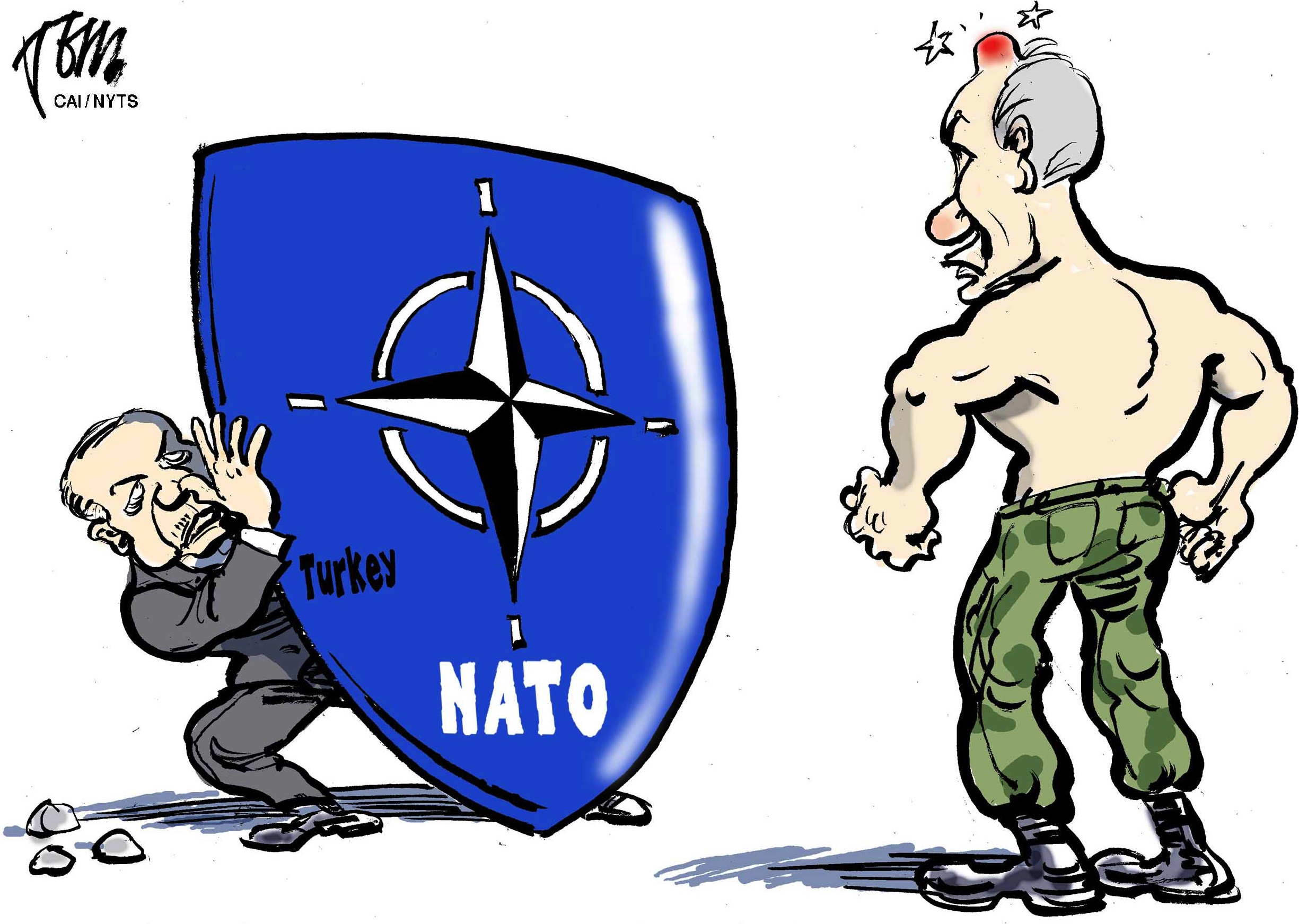United Nations Security Council Resolution 2254, which laid out the map of a peace process in Syria, crowns a year of risky gambles for Russian President Vladimir Putin. Most of these played out badly for ordinary Russians, but Putin himself appears to have improved his international standing after an ugly 2014, carving out a clear — though not necessarily enviable — new role for Russia in world affairs.
In 2014, Putin became a near-pariah. After Russia annexed Crimea from Ukraine, the leaders of what used to be the Group of Eight decided to cancel a meeting in Sochi and agreed to hit Russia with weak but humiliating economic sanctions. The U.N. General Assembly passed a resolution stating the annexation was illegal, and only 10 countries — including North Korea, Zimbabwe, Venezuela and Sudan — backed Russia by voting against it. China and India abstained, though, and Putin decided he could pivot toward his partners in Asia, demonstrating that "the West" and "the world" are not synonyms.
Russia also signed some long-term energy deals with China in 2014, but they fell short of forming a solid anti-Western alliance. The crash of a Malaysian plane in eastern Ukraine, apparently shot down by Moscow-backed rebels, made things worse. A Moscow-approved Ukraine cease-fire didn't work. At a Group of 20 summit in Australia in November, other world leaders shunned or snubbed Putin, who had ordered Russian warships to approach Australian shores ahead of the meeting, and he left early.



















With your current subscription plan you can comment on stories. However, before writing your first comment, please create a display name in the Profile section of your subscriber account page.